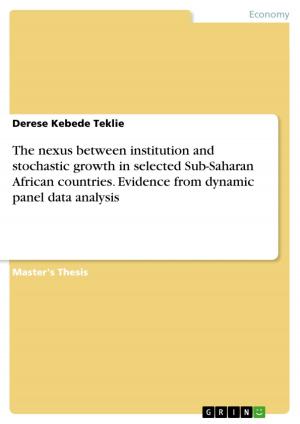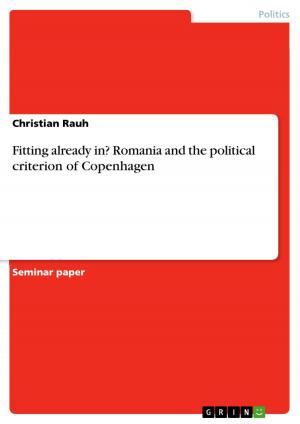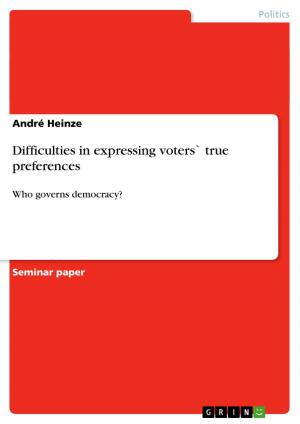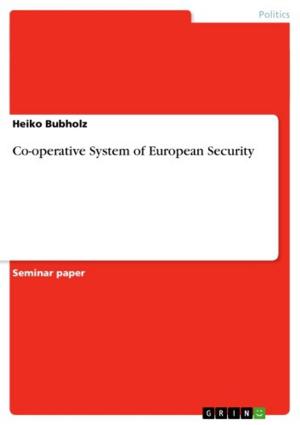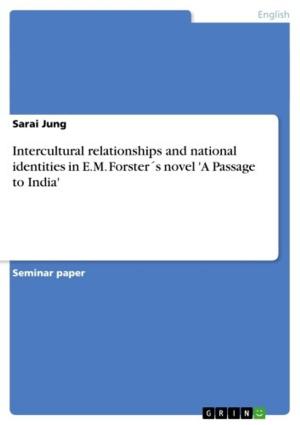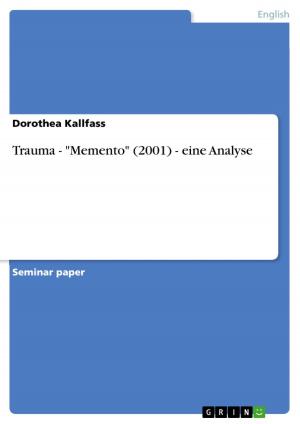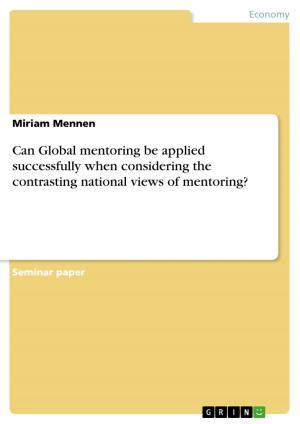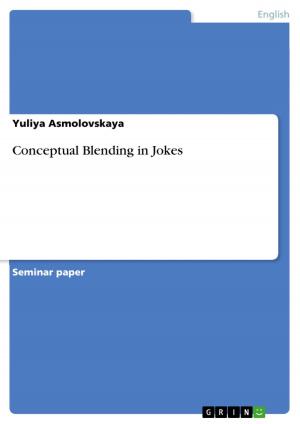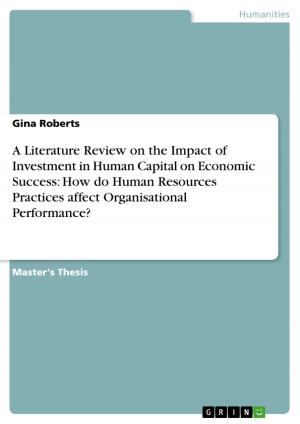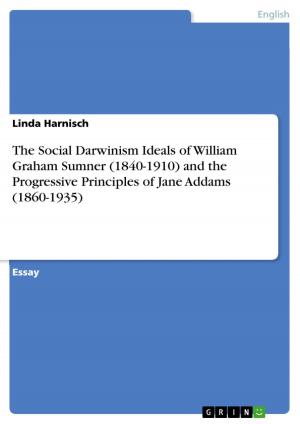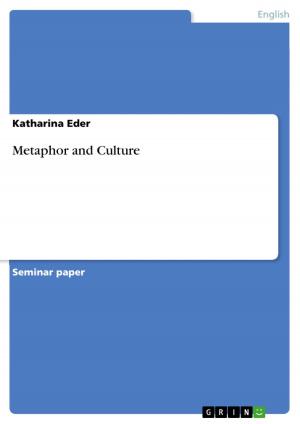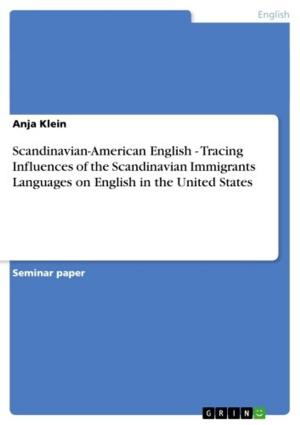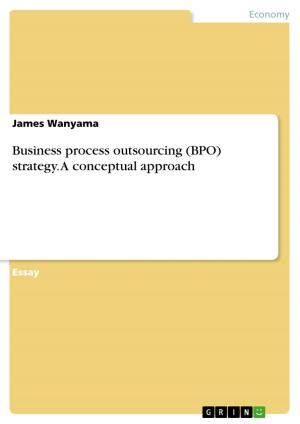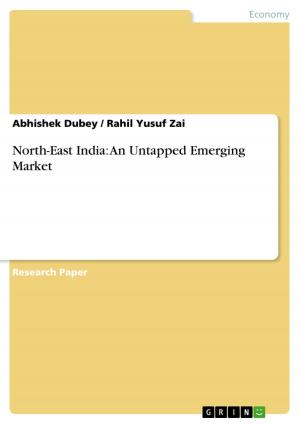The European security and defense architecture and the Russian Federation
Nonfiction, Social & Cultural Studies, Political Science, International, International Security| Author: | Michael Hofmann | ISBN: | 9783638803892 |
| Publisher: | GRIN Publishing | Publication: | June 13, 2007 |
| Imprint: | GRIN Publishing | Language: | English |
| Author: | Michael Hofmann |
| ISBN: | 9783638803892 |
| Publisher: | GRIN Publishing |
| Publication: | June 13, 2007 |
| Imprint: | GRIN Publishing |
| Language: | English |
Essay from the year 2006 in the subject Politics - International Politics - Topic: Peace and Conflict Studies, Security, grade: 62 (UK system), University of Kent, language: English, abstract: During his speech at the Security Conference in Munich in February this year, the Russian Defence Minister Ivanov emphasised that there is 'plenty of work to be done' concerning the relations between Russia and the European Union (EU) in the fields of security and defence policy. Further, he urged for the deepening of the dialogue between Russia and the North Atlantic Treaty Organization (NATO). A successful Europe, according to Ivanov, cannot be built without a close partnership between Russia and the European security institution. Ivanov's speech constitutes an adequate example for efforts of the Russian Federation aimed at getting more involved into European security issues. By examining the completed NATO and EU enlargements in 1999 and 2004, the ambition of Russia to have an influential say in European security questions becomes obvious. Being confronted with enlargement processes that incorporated a former Soviet sphere of influence, the Russian Federation regards itself as being excluded. Both sides, EU/NATO and Russia currently do not consider full Russian accession to these organisations as a possible and desirable policy option in the short- and medium-term. Therefore, European security institutions are facing the problem of finding a way to cooperate with those states that do not wish or are not allowed to join these institutions. How to fit in the Russian Federation, can thus be regarded as one of the most urgent issues in European security policies. This essay will argue that the underpinnings of the security cooperation are actually very fragile and are lacking substance. In particular, the lack of a shared set of common aims, interests, and values make it difficult to develop a sustainable security partnership between Europe's security institutions and Russia.
Essay from the year 2006 in the subject Politics - International Politics - Topic: Peace and Conflict Studies, Security, grade: 62 (UK system), University of Kent, language: English, abstract: During his speech at the Security Conference in Munich in February this year, the Russian Defence Minister Ivanov emphasised that there is 'plenty of work to be done' concerning the relations between Russia and the European Union (EU) in the fields of security and defence policy. Further, he urged for the deepening of the dialogue between Russia and the North Atlantic Treaty Organization (NATO). A successful Europe, according to Ivanov, cannot be built without a close partnership between Russia and the European security institution. Ivanov's speech constitutes an adequate example for efforts of the Russian Federation aimed at getting more involved into European security issues. By examining the completed NATO and EU enlargements in 1999 and 2004, the ambition of Russia to have an influential say in European security questions becomes obvious. Being confronted with enlargement processes that incorporated a former Soviet sphere of influence, the Russian Federation regards itself as being excluded. Both sides, EU/NATO and Russia currently do not consider full Russian accession to these organisations as a possible and desirable policy option in the short- and medium-term. Therefore, European security institutions are facing the problem of finding a way to cooperate with those states that do not wish or are not allowed to join these institutions. How to fit in the Russian Federation, can thus be regarded as one of the most urgent issues in European security policies. This essay will argue that the underpinnings of the security cooperation are actually very fragile and are lacking substance. In particular, the lack of a shared set of common aims, interests, and values make it difficult to develop a sustainable security partnership between Europe's security institutions and Russia.

